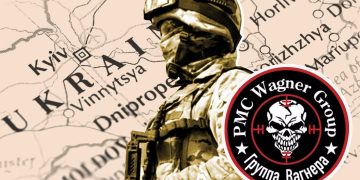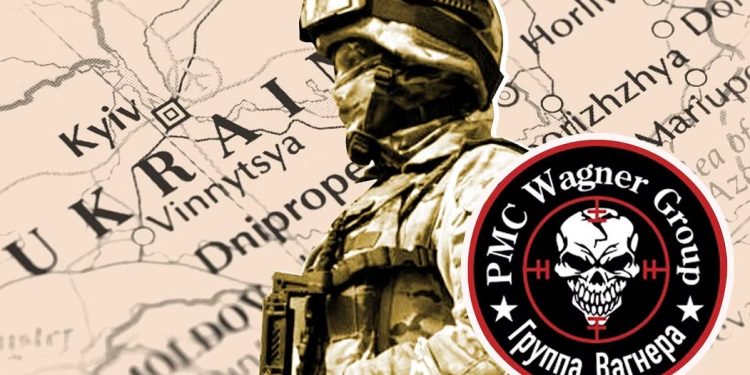By John Ikani
Ukraine’s border guard service has officially verified the presence of Wagner mercenaries in Belarus, confirming their arrival from neighbouring Russia.
The Department of the State Border Guard Service (DPSU) said it is diligently assessing the number of these “militants” within Belarus, along with their exact locations and intentions.
An unconfirmed report suggests that around 60 Wagner vehicles formed a convoy and crossed the border into Belarus early on Saturday.
The development comes after the Wagner group’s mutiny in June, where they challenged President Vladimir Putin’s authority, leading to a 24-hour rebellion that was eventually resolved through a deal.
As part of the agreement, Wagner fighters were given two choices: either join the regular Russian army or move to Belarus, a country closely aligned with Russia.
Yevgeny Prigozhin, the leader of Wagner, was also offered the option to relocate to Belarus, but his current whereabouts remain unknown.
The Wagner group consists of pro-Russian separatist mercenaries, with many members recruited from Russian prisons.
Known for engaging in some of the most intense battles since Russia’s full-scale invasion of Ukraine in February the previous year, their presence in Belarus has raised concerns.
Belarus’ defense ministry has acknowledged that Wagner troops are now functioning as military instructors for the country’s territorial defense forces.
They are currently providing training in various military disciplines near the town of Osipovichy, approximately 85km south-east of Minsk, the capital.
President Putin revealed that Prigozhin turned down an offer for his fighters to join the Russian army as a regular unit.
While some group commanders supported the plan during discussions in Moscow on June 29, Prigozhin’s disagreement complicated the situation.
According to President Putin, Wagner “does not exist” under Russian law, as mercenary groups are not officially recognized.
However, he proposed that this matter be addressed in parliament, acknowledging its complexity.
The Kremlin seems to be attempting to create a distinction between the Wagner chief and the regular fighters, possibly to create divisions among them.
Russia’s state media has also been working to discredit Prigozhin in light of recent events.
Since the mutiny on June 23, there have been conflicting and unconfirmed reports about Prigozhin’s whereabouts.
Once a loyalist to Putin and even referred to as “Putin’s chef” due to his catering contracts with the Kremlin, public disagreements with Russia’s Ministry of Defense regarding the conduct of the war have strained his relationship with the Russian government.
In response to the mutiny, US President Joe Biden issued a warning to Prigozhin about the potential risk of poisoning

































